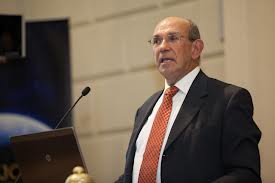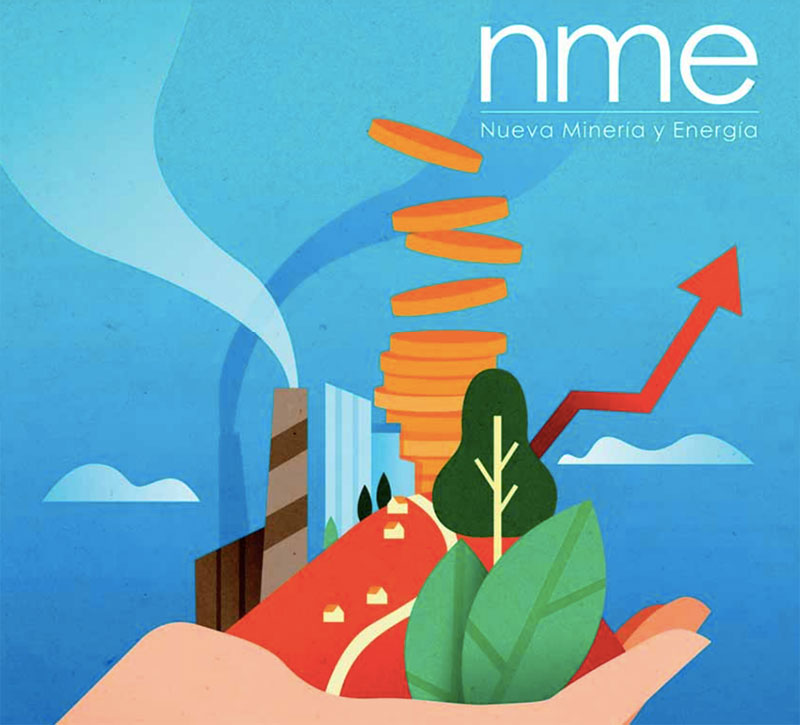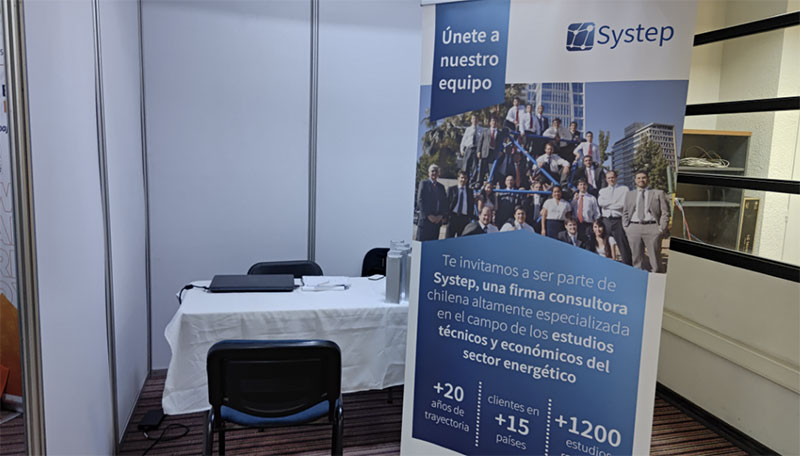
Opinion column
An excellent first step
The energy agenda formulated by Minister Pacheco, two months into President Bachelet’s administration, represents an ambitious action plan to address the energy development crisis facing the country, with a leadership that had been lost, addressing central issues with an objective vision, based on a broad dialogue with different sectors of society. Central to this plan is the definition of a new role for the State in the energy sector, a proactive role, guiding development, monitoring and supervising the market, and facilitating investments. I believe that the State must objectively identify the best alternatives for the future development of the generation matrix, in a prospective and indicative planning context of investments and technologies, and of environmental and social sustainability, transmitting the resulting vision to agents and citizens. The State must, in its prospective action, prepare in advance the Chilean electricity market and systems to operate with 20% penetration of renewables by 2025, with a good part of it being intermittent. I also believe that the State must play a role in monitoring the market and its conditions of development and competition, with emphasis on guaranteeing an efficient market to consumers and with attention to citizen education, taking corrective actions when necessary.
Also central is the definition of actions to lift entry barriers to renewable and non-renewable energies and increase supply and competition in the generation market, where a fundamental variable of territorial planning and citizen participation is introduced.
Implicit in the agenda is the interest in achieving a significant improvement in the actions of private enterprise in the environmental and social spheres, where it is committed to promoting the best practices of associative and participatory work with the community, so that the latter values and validates the projects. Also implicit is the interest in defining a strategy for technological innovation in energy, with the particular search for collaborative work with universities.
The agenda is committed to achieving lower prices for residential consumers. The plan is to achieve a 25% reduction over a decade compared to the 2013 generation ceiling price of $128 per megawatt hour. I estimate that the country can return to values at least 33% lower than that ceiling, following the National Energy Commission’s Works Plan. This implies resorting to the most economical generation technologies, where hydroelectricity plays a central role. The agenda identifies a conservative potential of a hydroelectric potential, between the Aconcagua and Puelo basins, greater than 10,000 MW, which would be added to an additional 6,000 MW in the Aysén Region. The territorial planning formulated in the agenda must define as soon as possible how much of this potential can be exploited and achieve the price reductions we desire. It is also defined that this price reduction must be coupled to a necessary redefinition of the bidding scheme for the supply of distribution companies, which will allow reactivating investment and stimulating competition. Enap’s articulating action to make natural gas contracts viable to feed an underutilized thermoelectric generation capacity will be welcome.
On a second level, but no less important, the agenda formulates a plan to stimulate energy efficiency and the need to move towards a more ambitious strategy for the development of transmission infrastructure, with the State playing a coordinating role for the sector’s agents. Territorial planning, which allows for the development of longitudinal and transversal transmission corridors, then takes on a more challenging dimension.
This early definition of an energy agenda, to which the government should be able to add cross-cutting support from society, should enable the country to face the energy crossroads that is weighing us down.
*Director of Systep and academic at Universidad Católica.



